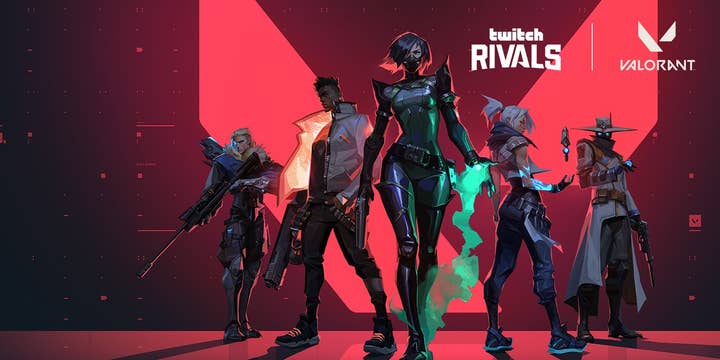Riot "looking into long-term solutions" to fight toxicity in Valorant
Both the game's executive director and a UX designer say they've been harassed in game's solo queue mode
Riot Games is looking into ways to solve the problem of toxicity in Valorant, which is bad enough that multiple developers of the game have publicly shared their experiences with harassment in their own game.
Earlier this week, a Riot UX designer -- going by Greenily -- took to Twitter to share a clip of herself playing Valorant, in which a fellow player repeatedly hits on her over voice chat, tells her to "shut up" when she asks him to stop, and continues to harass and insult her throughout the match.
In the thread that follows, Greenily discussed the impact of these incidents, saying that gaming is like this "most of the time on solo queue voice comms regardless of the game I'm playing."
She added later that muting is not a sufficient solution, because although it prevents her from hearing harassment, those who harass people in games will continue to do so to other people without consequence.
"I want to live in a world where this guy doesn't go and ruin other people's games," she said. "Where people feel safe to speak up.
"But reality is that in general voice comms land, for a ton of females, their safety mechanism is identifying people like this early and remaining silent or muting."
Later, she shared screenshots of tweets from other users replying to her original tweet with insults, noting that talking about these issues publicly often results in further harassment.
Greenily isn't the only Riot Games developer experiencing this problem, either. In the replies to Greenily's original tweet, executive producer Anna Donlon voiced her support.
"Gross, this is creepy as hell," she said. "This is why I can't solo. I'm so sorry. We're absolutely looking into long-term solutions for making it safe to play Valorant -- even solo queue!"
This is not the first time a Riot Games title has come under scrutiny for its toxic community; Kotaku reported on the unique toxicity of League of Legends back in 2015, and a survey of players conducted by Riot earlier this year indicates that the problem is far from solved, with 79% of players saying they had been harassed after a game.
Riot Games is part of the Fair Play Alliance along with companies like Blizzard, Microsoft, Supercell, and Epic -- all of which have committed to creating a world where games are free from harassment, discrimination, and abuse.

